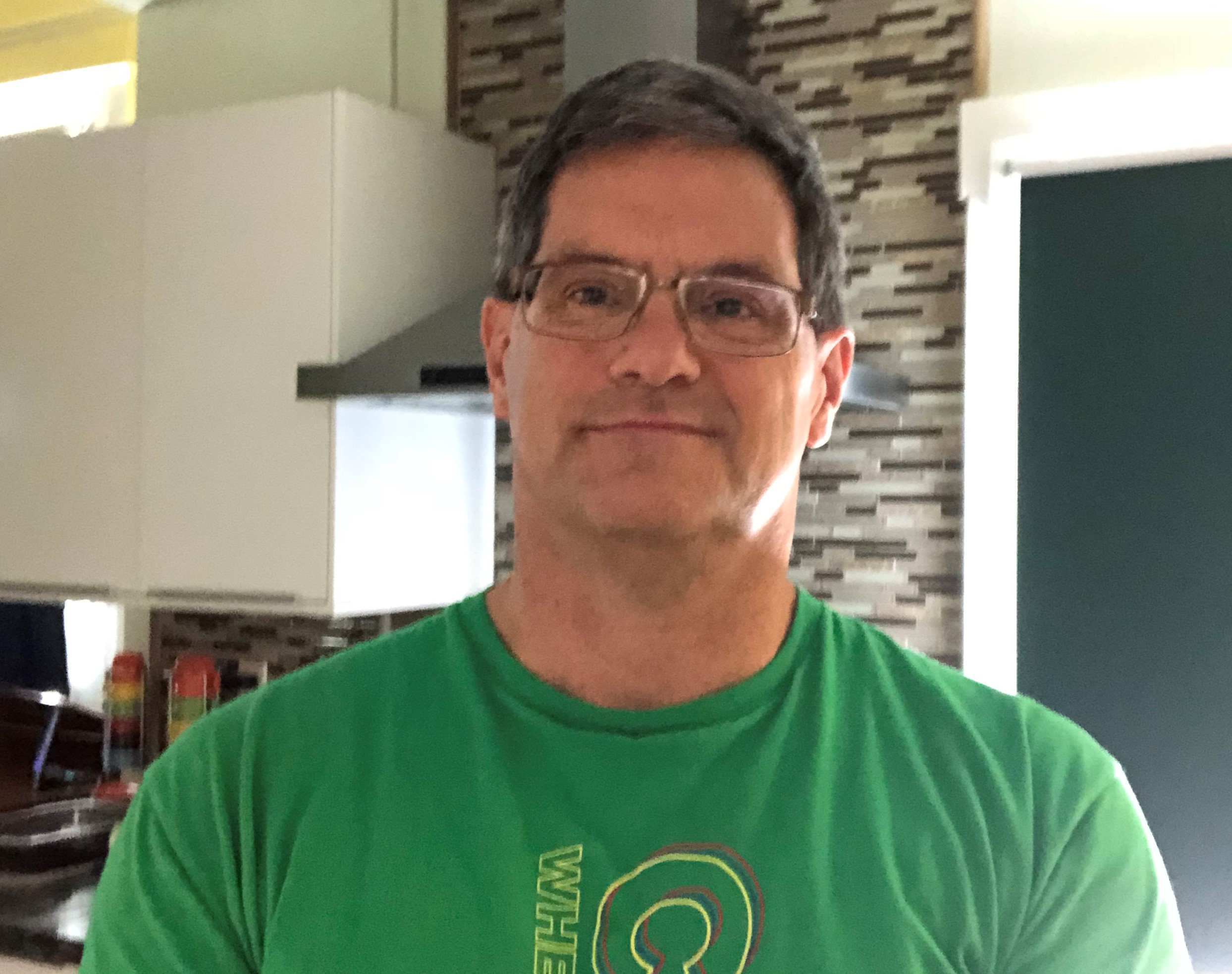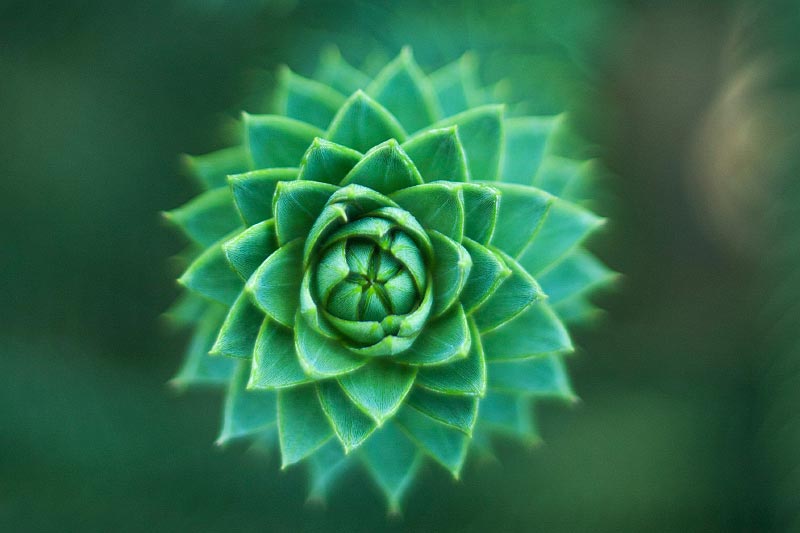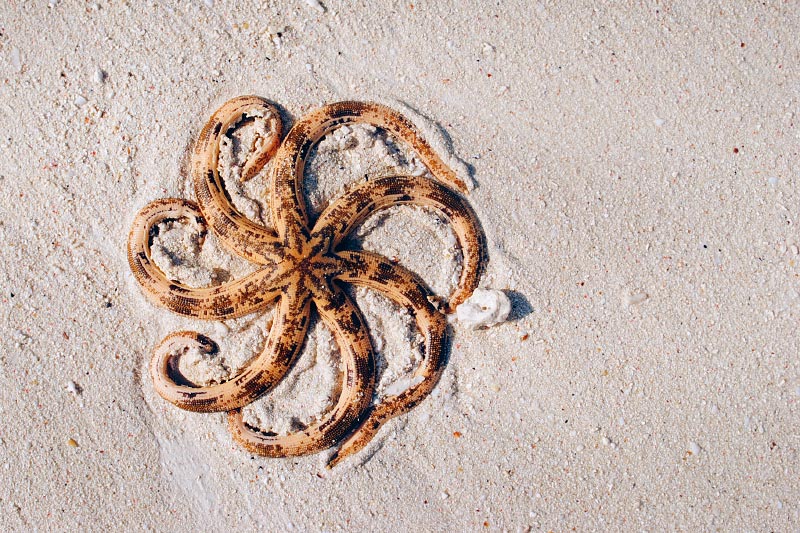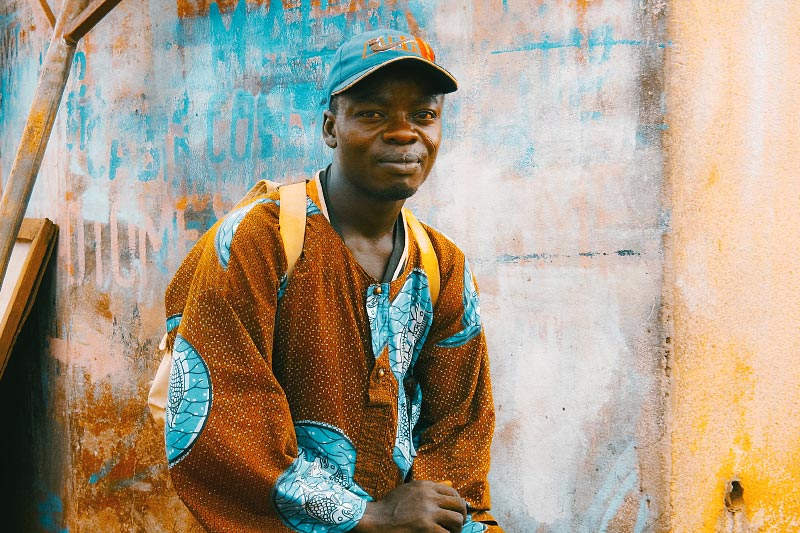The Confucian line is a joke. Choosing to live in the gray sort of requires that I never box myself in to someone else’s ideology. So just like I remain “unaffiliated” on my voter’s registration, I would never subscribe to any one religion. I’ve done that before and it didn’t work.
And truly, “gray” started for me in trying to find a way out of the box I’d built for myself. I’ve never been anti-God, but the religion I was raised with had never really worked for me. That probably had something to do with being gay, knowing that from an early age, and believing based on my environment that there was something wrong with me. I’ve always maintained that I would be gay if I wasn’t an alcoholic, and I would be an alcoholic if I wasn’t gay. But that combination, woven into my religious upbringing, was damaging to me in a major way. It took me a long time to unravel all of that. There’s a reason I didn’t come out until I was about seven years sober: I had to find a God that was OK with me being gay before I could be OK with me being gay. (The obvious answer, atheism, one many of my brethren have picked, was never really an option for me.)
I started consciously working my way out of this box on the day I got sober. The 12-step community suggested I could create my own concept of God. It’s an understatement to say that this thought had never occurred to me. Just like it had never occurred to me to not pick up the first drink. Both thoughts were liberating. I saw hope in the rooms. People talked about their drinking in ways that resembled mine; classically, I thought I was the only one. And yet they had clearly found a solution. So I latched on to what was suggested and starting doing things differently.
I understood early on that the answer for me was going to be in spiritual exploration. If the only religion I had ever known wouldn’t work for me, what would? Significantly, what I had learned in that religion convinced me that if it wasn’t going to work, no religion would, and I chose very alternative paths instead. What I’ve learned since is that religion to me is always going to be about someone else’s path to God; spirituality would be my own.
So I got busy seeking. I think I can say with a great deal of confidence that in 23 years, I’ve never stopped. I’ve learned so much and been both challenged and enriched in so many ways by what I’ve learned that I keep going to see what else there is to discover. It is the foundation of “gray” for me, because I have all of these different resources in my head that I can draw from to come up with a solution, action or way of thinking about whatever presents itself that gives me a way forward. And when it comes to why I’m writing this (a question I was asked a couple of weeks ago that in the moment I didn’t have an answer to), I guess that’s why: to give others something else to think about in ways I have found so useful to my life.
What were these alternate paths? Writings by both contemporary and early 20th-century folks who had interesting things to say about God, how we can connect, how we can use scripture to do so by studying the historical context in which it was written, and a lot about how to think (or more to the point manage the ego), why we’re here, what do with with our time while we are (especially in relationship to others), and musings about what happens next. And lots of other things. Who are these writers? Too many to list, but my favorites have been Emmet Fox, Ernest Holmes, Neale Donald Walsch, Caroline Myss (who I quote often), and a body of work called “A Course in Miracles,” written by a couple of professors out of Columbia University. And, of course, Alcoholic Anonymous AKA “the big book”.
What does all this have to do with my opening Confucian reference? I’ve started almost every morning for the past 23 years reading (usually just a page or two, sometimes more) out of something that continues the exploration for me. The book of the day is “The World’s Religions” by Huston Smith. I’m actually very surprised that I haven’t read it before, but had somehow never heard of it, despite having been originally written in 1958; he’s updated it a couple of times since.
He starts with Eastern religions. I’d gotten through Hinduism and Buddhism, and Confucianism was next. I can’t say for sure I knew that was a religion, and some would argue that it isn’t. Not the point. I stumbled across this paragraph on page 180 earlier this week:
“…a Confucian who is bent on self-cultivation positions himself or herself squarely in the center of ever-shifting, never-ending cross-currents of human relationships and would not wish things otherwise; saintliness in isolation had no meaning for Confucius. The point is not merely that human relationships are fulfilling; Confucian claim runs deeper than that. It is rather that apart from human relationships there is no self. The self is the center of relationships. It is constructed through its interactions with others and is defined by the sum of its social roles.”
Wow. This is a central theme of the spiritual worldview I have constructed over the years and I had never seen it referenced before in any religion. Hence the title of this blog entry.
People who know me well have heard me say many times: we are who we are only in relationship to others. I might believe myself to be a compassionate person, but unless I act in a compassionate way – which requires interaction with others – who cares? Myself in isolation means little. It is interacting with others that makes me who I am. A challenge, by the way, for this extreme introvert who gets his rejuvenation from being alone. So it requires a balance to be sure.
Inherent in this idea of relationships is the concept of relativity. I wouldn’t have a true appreciation of love if I hadn’t also experienced hate or indifference. If love was all I knew it would be meaningless. The people I interact with who bring different elements into my life are, I believe, there to teach me something, to give me a choice. They are merely opportunities to decide who I want to be in relationship to who they are being. And it’s in the deciding that I create who I am, and the life which results. And I always have a choice. To stay, to go, to change, to yell, to love. To be and do whatever I choose.
I need other people to be. Literally. To be what? To be Anything. I cannot be loving in a vacuum. I cannot be generous without someone to give to. I cannot be funny without someone to laugh. And I can’t be hurt without someone to hurt me. Yet it’s the hurt that makes the love shine brighter. It all works together in a brilliant mosaic. People say “it’s all good” all the time. To me, that’s literal. It really IS all good, because it’s all required to appreciate any of it. From that perspective, you can learn to not judge any situation as good or bad – it’s just opportunity for you to decide who you want to be next.
What Confucius was talking about 2500 years ago fits right in with that as I interpret it. It was fun to see.
I have a list of potential future blog entries going. I was going to write one called “Gratitude for Grief”, which would outline another central tenet of my spiritual worldview. I may still write the longer one I had in mind, but I think it’s fitting to do at least a portion of it now, because it really does tie in to everything I just wrote. And, because my recovery community experienced a significant loss this morning.
As I said earlier, I quote Caroline Myss a lot. One of my favorite lessons from her was: gratitude on a full stomach doesn’t count. It’s easy to be grateful when everything is going your way. But to develop strong spiritual muscles, I had to learn to bring gratitude to joblessness, near-homelessness, disappointment, and a host of other things. I didn’t have to deal with grief really until my partner at the time, Michael, died so unexpectedly in 2010. I had lost both parents already, my father just 10 days before, but both of those were expected and natural in the scheme of things, easier for me to deal with. Michael’s shook me to my core because it was unnatural (an accidental overdose), unexpected, and I’d found him dead in our home. That’s where the much longer story is that maybe I’ll tell someday.
But eleven months later around Thanksgiving I was surprised – and highly annoyed – to discover that grief was still with me. And finally, after a period of journaling, I merged the two ideas that were each major pillars of my worldview, but I’d which somehow never woven together before: gratitude and relativity (as I describe it above). And I realized that the only reason I was experiencing grief, was that I’d once loved deeply. If I wanted to avoid grief, I was going to have to avoid love.
Clearly, that’s not a choice I’m willing to make. Today, I am grateful for grief because it is nothing more than evidence that I had great love in my life.
So for all of my friends who are grieving from Edie’s passing, I hope you can remember that you are feeling it because you love her, she loves you, and neither of you wanted to live any other way. Embrace the grief as the evidence of love in your life that it is.
And go love some more.
3 Comments
Leave A Comment
Subscribe to the Blog
Enter your email address to subscribe to my blog, which will provide notifications of new posts. Soon after you enter your email address below, you will receive one to confirm your subscription. Check your spam/junk folder if you don’t see it.










[…] the Gray” side of my blog has some entries where I attempt to explain my spiritual worldview. This one is probably my favorite, providing a 100k foot view of how I got where I […]
[…] I mentioned in a prior entry, I have a morning reading ritual with the objective of continuing to expand my spiritual worldview. […]
[…] I mentioned in a prior entry, I have a morning reading ritual with the objective of continuing to expand my spiritual worldview. […]